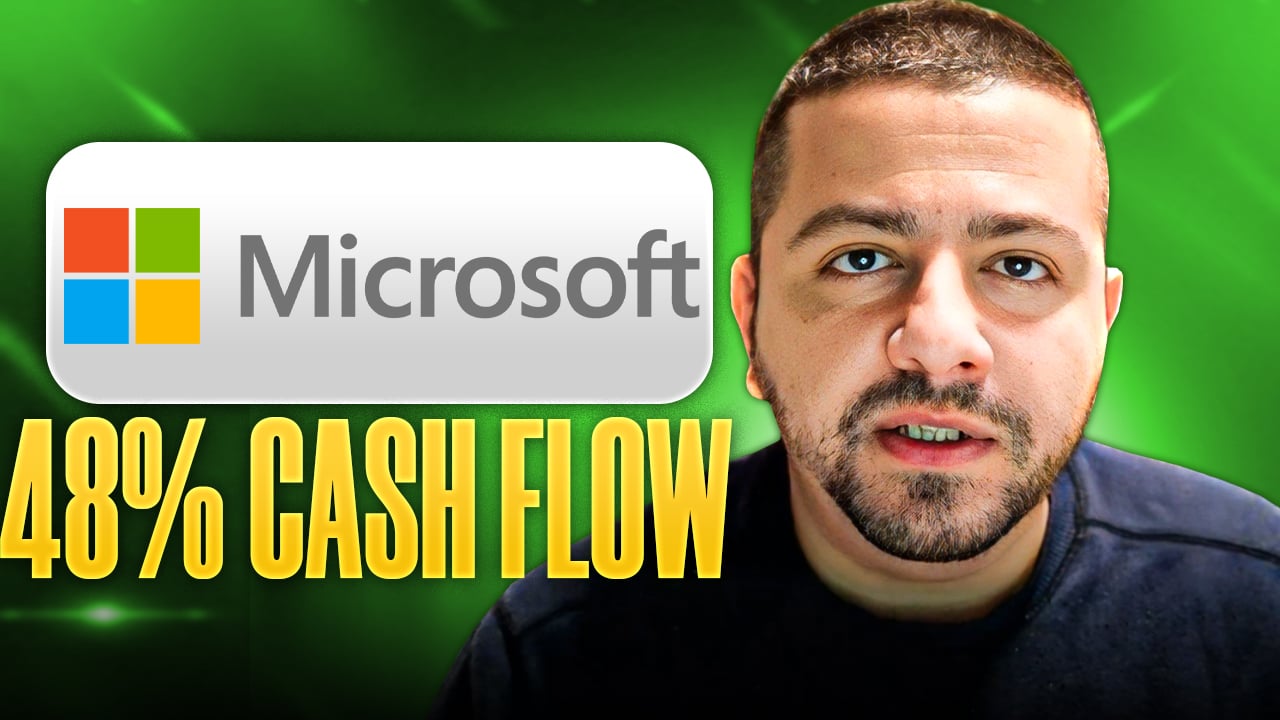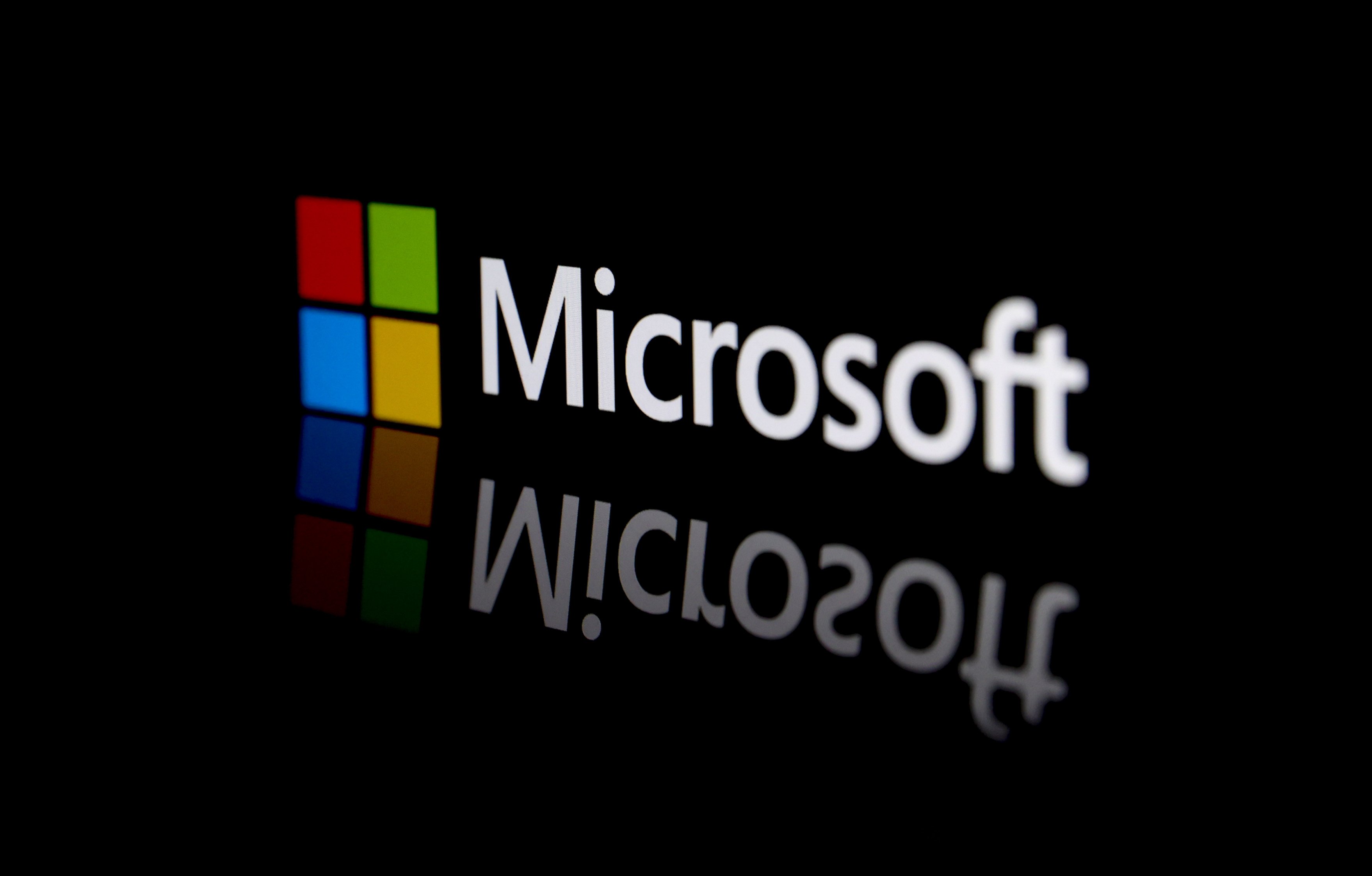With Microsoft's (MSFT 1.04%) acquisition of Nokia's phone operations finally set to close after months of legal wrangling, the software giant and device manufacturer is looking to steal some serious market share away from Google's (GOOG 1.01%)(GOOGL 1.00%) dominant Android.
Windows Phone, while popular in some markets, has stalled in others, and Microsoft needs its struggling phone OS to hit a critical mass of users before manufacturers and developers adopt the platform en masse. The Nokia deal should help the cause, but there are other reasons to believe that Windows Phone has a real chance at eventually becoming a profitable business for Microsoft.

Source: Microsoft
Windows Phone 8.1 is good, and also free
With the release of Windows Phone 8.1, Windows Phone has largely closed the gap between it and rival platforms. Features that probably should have been present from the beginning, like a notification screen and a simple way to track which apps are using the most battery, are finally part of Windows Phone. And Cortana, Microsoft's answer to Apple's Siri and Google Now, gives the platform a competent personal assistant.
Reviews of Windows Phone 8.1 have been mostly positive, with Ars Technica calling it "a magnificent smartphone platform," and Engadget stating that "Microsoft's mobile OS finally feels whole." It's clear that Windows Phone is now just as capable as the competition, but that alone is not enough for Microsoft to gain market share. Giving the OS away for free, though, just might be.
Microsoft announced recently that Windows would come without a license fee for consumer tablets and phones with screen sizes below nine inches, marking a dramatic shift for the company. Microsoft is hoping that revenue from its myriad services, like OneDrive and Skype, along with its cut of revenue from its app store, will make up for the loss of licensing fees. This move eliminates any price advantage that Android phones had, making Windows Phone a viable platform for low-end phones that Android has typically dominated.
Becoming too dependent on Google
With Android running the vast majority of smartphones in the world, manufacturers have long had no real alternative to using Google's mobile OS. But Windows Phone 8.1 provides an alternative, and now that the OS is free for consumer devices, manufacturers can reduce their dependence on Google at no extra cost.
The Nokia deal allows Microsoft to push Windows Phone directly, with the hope of gaining enough market share that other manufacturers see enough demand to adopt the platform. Samsung has been working on its own alternative, called Tizen, and it plans to launch smartphones running the new OS later this year. Whether the market can support a fourth OS remains to be seen, but I wouldn't bet on Tizen gaining much share, especially given its similarity to Android and lack of apps.
Other manufacturers will likely turn to Windows in order to reduce reliance on Google, and companies like Lenovo and LG were announced as partners for the platform by Microsoft during the Mobile World Congress earlier this year. Lenovo has a particularly strong presence in China, where it dominates the PC market, so this partnership gives Microsoft a good chance at winning a significant part of the Chinese smartphone market.
The bottom line
With Windows Phone 8.1, Microsoft's mobile OS has closed the feature gap between itself and Android, and the elimination of licensing fees removes any price advantage that Google's OS previously enjoyed. With Samsung actively trying to reduce its dependence on Google, other companies are likely to follow suit and focus more heavily on Windows Phone. It will be quite some time before all of this turns profitable for Microsoft, as there needs to be a large user base that can be monetized, but the potential is significant.






